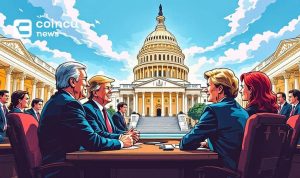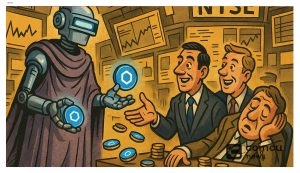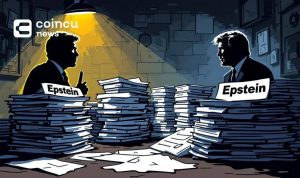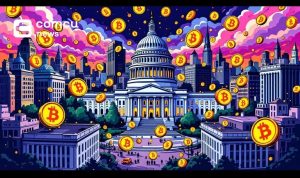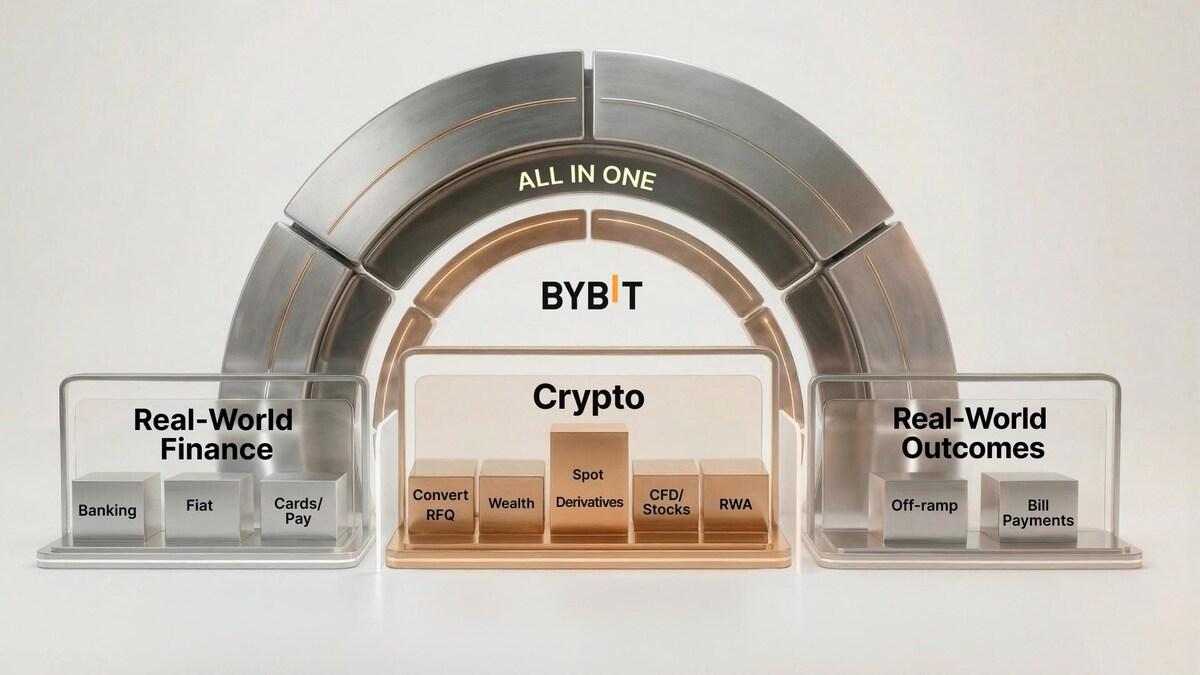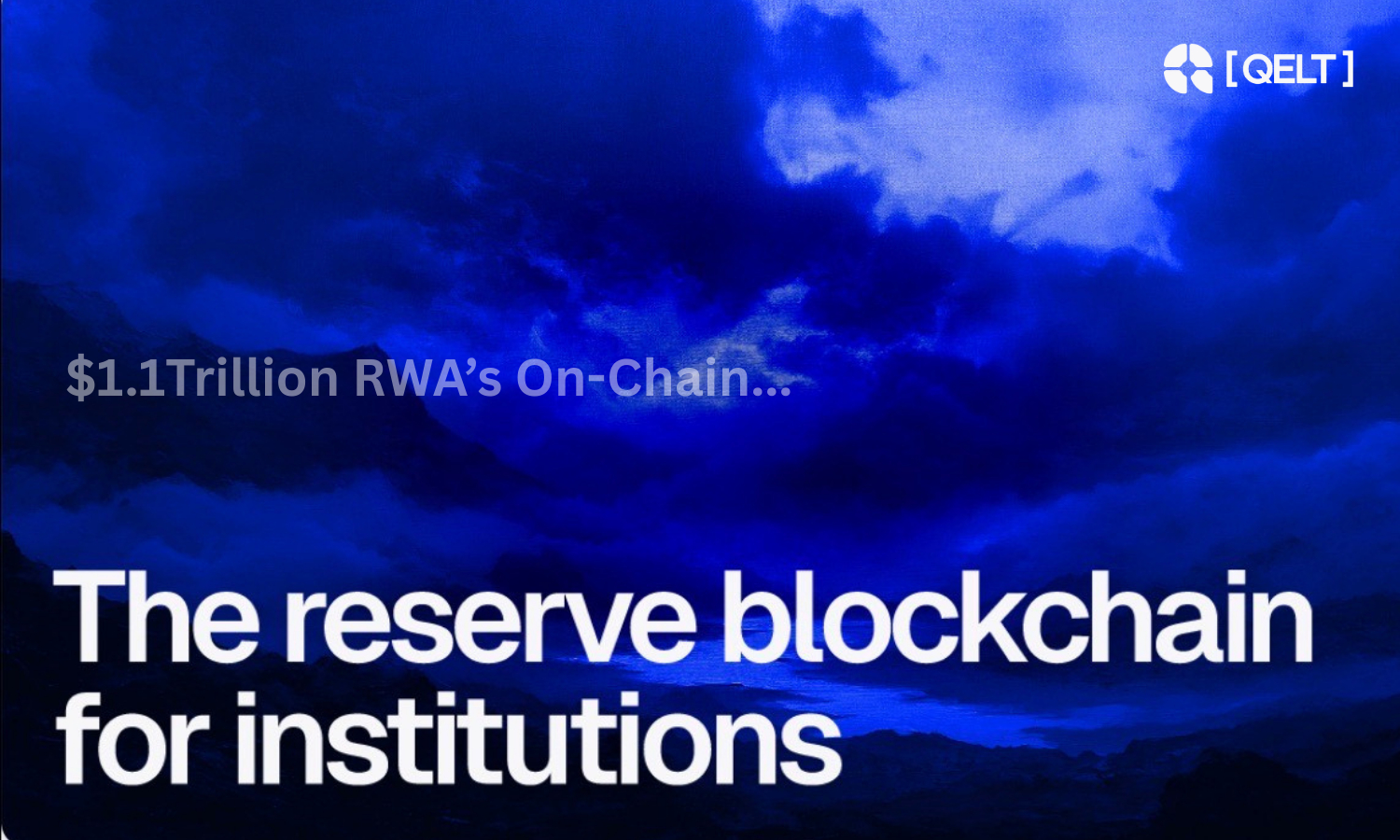Key Points:
- Prices climbed 0.2% in November, excluding food and energy.
- Inflation-adjusted spending has been unchanged, pulled down by goods.
The personal consumption expenditures (PCE) price index increased 0.1% in November, following a 0.4% increase in October. The PCE index rose 5.5% in the year to November, after rising 6.1% in October.

The annual rate of the core PCE index in the United States in November was 4.7%, which was projected to be 4.7%, and the previous number was 5.00%, according to the Golden Ten report. The core PCE price index in the United States was 0.2% in November, compared to 0.20% expected and 0.20% previously. The annual rate of the November PCE price index in the United States was 5.5%, compared to the projected 5.50% and the previous reading of 6.00%.
According to the financial website MarketWatch, the core PCE index in the United States gained only 0.1% in November, marking the fifth consecutive month that inflation has declined after reaching a 40-year peak this summer.
According to forecasts made by Wall Street, the core PCE price index in the United States experienced a month-over-month increase of 0.2% in the month of November. The annual rate of the core PCE index fell to its lowest level since October 2021 in November, when it dropped from 5% to 4.7% after having been at 5%. Overall, inflation is falling, but the rate of decline is not fast enough for the Fed’s liking.

The Fed is concerned that a prolonged period of high inflation will encourage workers to seek higher and higher salaries, making it more difficult to keep prices under control. For most businesses, labor costs are the most expensive. The Fed intends to hike interest rates further in order to slow the economy and relieve wage pressures, a strategy that is guaranteed to increase unemployment and potentially provoke a recession.
DISCLAIMER: The Information on this website is provided as general market commentary and does not constitute investment advice. We encourage you to do your own research before investing.
Join us to keep track of news: https://linktr.ee/coincu
Website: coincu.com
Chubbi
Coincu News







